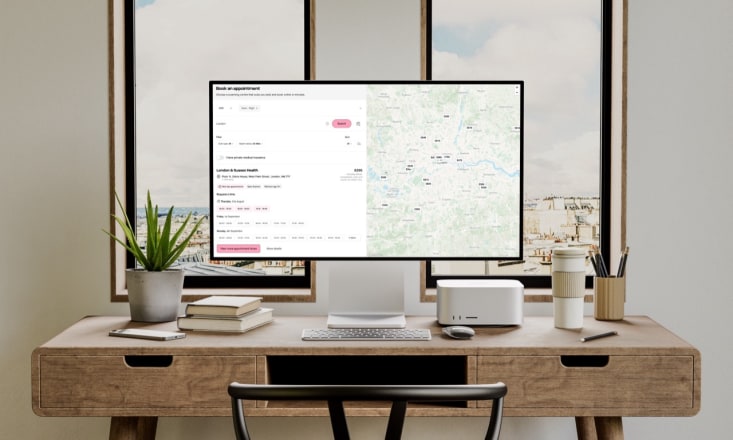
Refer for medical imaging online in minutes
Our referral portal gives you streamlined access to imaging all in one place. It's free, fast, and 100% digital.
- 1-1 clinician care included
- No GP referral needed
- Fast digital results
- 150+ scanning centres

Our referral portal gives you streamlined access to imaging all in one place. It's free, fast, and 100% digital.
With your own referral portal, you'll get frictionless access to diagnostic imaging all in one place. Check out our demo video to find out how it works.
Refer for imaging, track orders, and download results online, with no phone calls or paper trails needed.
Our clinical team verify all referrals and are on-hand to support you and your patients.
With a nationwide network and multiple modalities, Scan.com gives your patients more choice and control over their healthcare journey.
Read about experiences from real patients that have used Scan.com.
Patient storiesJoin 4,000+ companies already growing








Everything you need to know about the product and billing.



Can't see an answer to your question? Our friendly customer care team are happy to help.
Contact usIt's easy to get started, and you can sign up for a free portal account in a matter of minutes. Not got time? Make a one-off referral in just a few clicks.